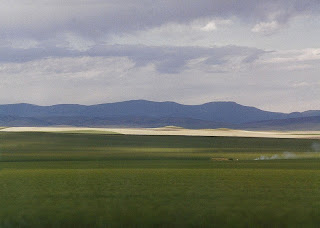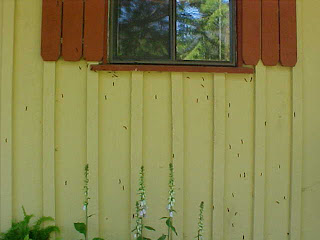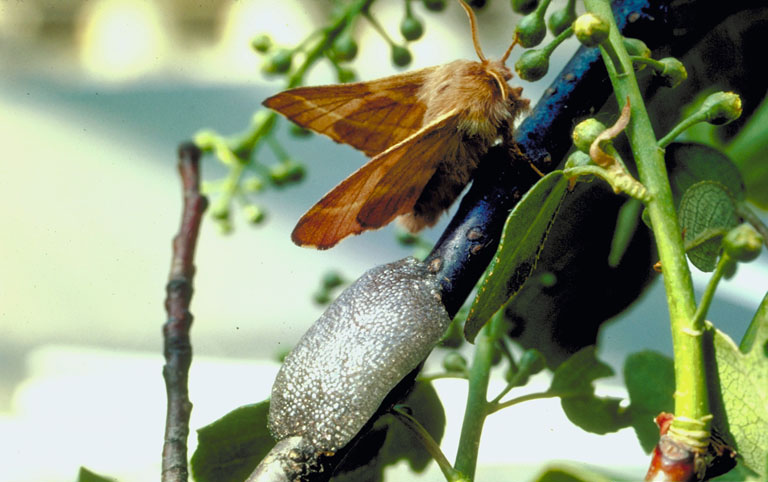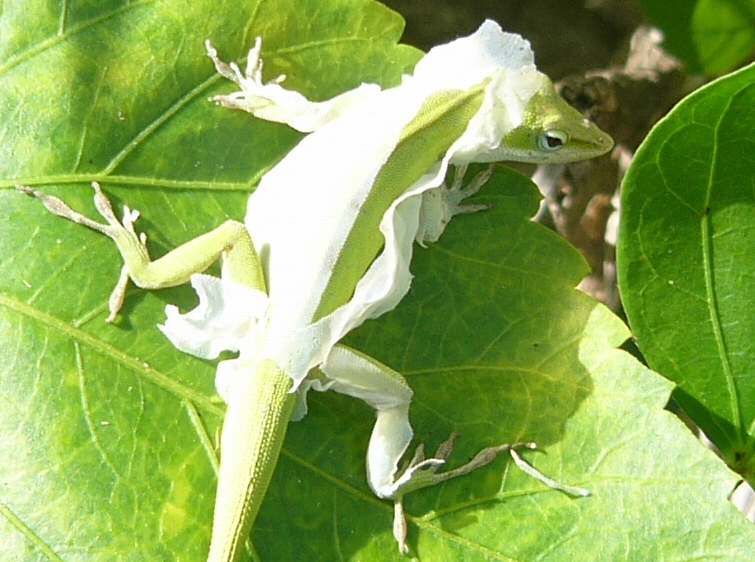Dear Father,
I received your most welcome gifts of long, sunny, days, fair temperatures, blooming flowers, and singing birds. Thank you so very much. I will try to care for the plants as best I can - they are such a joy to me. Thank you also for each creature - and person - who comes into my life each day. Each is so special that I find it hard to express what they mean to me. I trust that you know.
Time is flying by quickly here, and summer has been good. Each day brings many joys and surprises, but also some pain and suffering. About the usual, I would say. Life keeps me busy; often I forget to thank you for what you have sent - sorry I have not been better about keeping in touch.
Even at my age, I’m learning new things and meeting new challenges. I try to exercise, eat healthy, and take care of the body you have given me, although it does seem to be an uphill battle. My mind is not as quick as it used to be in some areas, but seems to compensate by being far wiser in others. I keep it busy and active. I ‘m trying to use my time, talents, and resources to serve others, but know I could do more. I only share when I want to and admit to being darned lazy at times!
I’m sorry to say that my mouth still gets me in trouble, for too often I react with my head rather than my heart. I’ve resolved a few conflicts and apologized to some people I have wronged, but must admit that I still hold a grudge or two. I’m embarrassed to realize just how arrogant and judgmental I can be and I certainly don't share as much as I could. I’m sure this will not surprise you, as you’ve known me my whole life and I’m probably not all that unusual of a human being. I do wonder why you gave us a will of our own, as we so often go astray...
In the quiet times this summer, I’ve had a chance to think deeply about many things and I have some serious questions I hope you will answer someday. Why do you allow us to go on hurting each other - insulting, bullying, abusing, maiming, and killing,? Will there ever be an end to war? Why do “good” people suffer so, while some “not-so-good” people don’t seem to? Where is the clear line between good and evil - and who gets to decide where it lies? How do we decide what is “right” and yet not be judgmental? Will we ever learn to take care of this spectacular planet you've given us and clean up the messes we've made here? Why haven’t you washed you hands of the lot of us?
I am still trying to grow and find my way, wanting so many answers. But above all, I know that you love me and will always be with me. When you seem far away, it is me who has wandered off - I seem to do it often. You know what I can and cannot handle, what I should and should not know, so I should not doubt you at all. Please help me with my unbelief - yet again.
And finally - thanks for just being there, for it is often Your presence that gets me through the day.
Your loving daughter,
Ladybug
“’If you can?’ said Jesus.
Everything is possible for him who believes.”
Immediately the boy’s father exclaimed,
“I do believe; help me overcome my unbelief!”
Mark 9:23-24























































